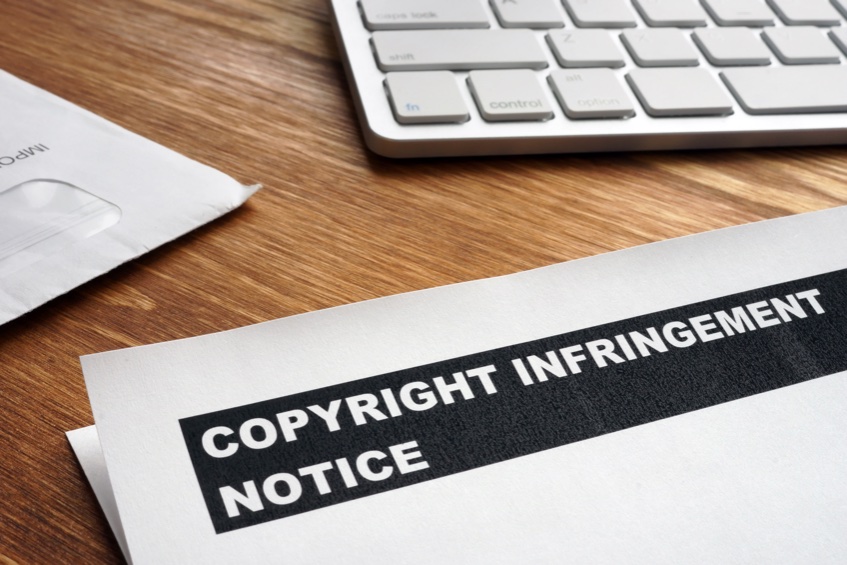The following is an excerpt from the book “The Music Catalog Sales Guide”, by Silvino E. Díaz, Esq. It’s a comprehensive dealmaking guide for artists, companies, and professionals in the music industry. It discusses current trends, as well as tips on how to: organize your assets; structure your team; attract major investors; value your catalog; and prepare to sell.
[ DOWNLOAD THE FREE E-BOOK HERE ]
Under U.S. Copyright law, if two or more authors create a single work together, each co-author is a joint owner of the work. A work is considered a joint work if:
- It is created by two or more authors;
- The authors intend that their contributions will merge into inseparable parts of a single work;
- Example – multiple writers come together to create a single script of a TV episode. All writers contribute for the purposes of creating one (1) undivided work, a single episode of a television show.
Joint ownership means that each co-owner has an undivided interest in the work as a whole. Unless agreed to in writing, each co-author owns the copyright equally, regardless of the extent of their authorship. Each co-author’s contribution need not be equal for all of the co-authors to have an equal ownership interest, under default rules. Unless the parties agree differently in writing, the interests are divided equally between or among the joint authors.
Joint copyright ownership is different from:
- Co-Ownership – Separate ownership of an exclusive right in a copyright;
- Collective works – Ownership of a collective work or the contributions to a collective work.
Unless copyright joint owners agree differently in writing, a joint owner generally does not need permission or consent from any other joint owner to:
- Use the work.
- Grant non-exclusive licenses to others to exercise any of its rights in the work;
- Assign all or any of its exclusive rights in the work.
A joint copyright owner may, without the consent of the other co-owners, grant non-exclusive licenses to the copyright. However, without the consent of the co-owners, a joint copyright owner may not grant an exclusive license to the copyright as a whole or any of the individual exclusive rights under a copyright. An exclusive license granted by a joint copyright owner is exclusive only to the extent of that owner’s interest in the copyright.
Each co-owner is subject to a duty of accounting to the other co-owners. A co-owner who unilaterally exploits the joint work must account to the other co-owners for profits derived from such exploitation. For example, let’s say that two composers collaborate on writing music and lyrics to a song. This means that they are co-owners of the copyright in the composition (i.e. Work); each with a 50% interest. Each co-owner can possibly license the use of the work without permission from the other; the only duty is to account the profits of the license to the other owner. In addition, if one of the co-owners in the example above decides to sue a third party for copyright infringement of the work; and the other co-owner does not have to be a party to the case. Also, a co-owner in that work can transfer his/her interest to a publishing company, for example, and they need not ask for permission from the other co-owner. However, that co-owner can only transfer his/her interest he owns, and not the entire copyright.
A difficult question arises when a copyright co-owner exploits or licenses a copyright without the consent of the other owners. The other owners technically cannot sue them for copyright infringement, because an owner cannot infringe on his own work. As a joint author and co-owner, they would have to sue for accounting, not for infringement.
As stated above, joint copyright owners have an obligation to account proofits to the other co-owner(s). And interestingly, this obligation to account is not set forth in the Copyright Act. There is no express statutory provision in the Copyright Act to account profits to co-owners. Rather, this right comes from equitable doctrines of unjust enrichment and general principles of law. The legislative history of the 1976 Copyright Law acknowledges the lack of a statutory provision of this principle:
“There is no need for a specific statutory provision concerning the rights and duties of the co owners of a work; court-made law on this point is left undisturbed. Under the bill, as under the present law, co-owners of a copyright would be treated generally as tenants in common, with each co-owner having an independent right to use or license the use of a work, subject to a duty of accounting to the other co-owners for any profits.”
The three-year statute of limitations under the copyright law does not seem to apply to actions demanding an accounting. Instead, such actions are usually governed by state law. Since there is no specific limitations period for accounting actions, in Florida the four-year limitations period in the catch-all provision of Code of Civil Procedure applies. The statute begins to run upon the accrual of the cause of action; and the cause of action accrues upon the act or transaction giving rise to the right to an accounting, or when the plaintiff learned or in the exercise of reasonable diligence should have learned of the wrongful act or transaction.


